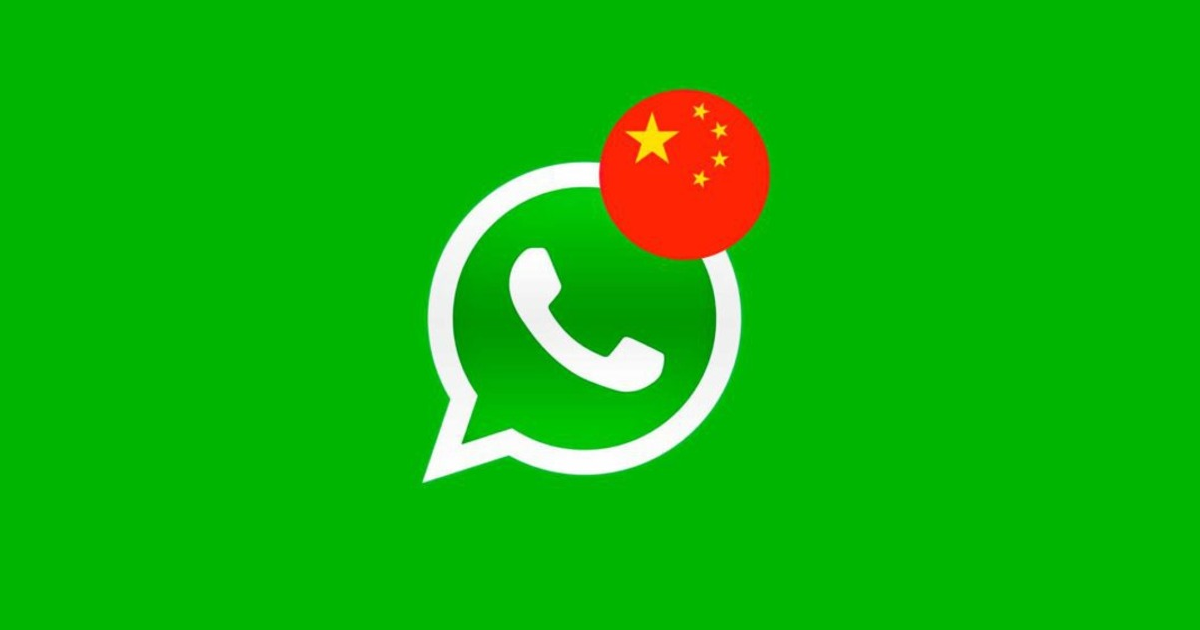The Indian army is usually tasked with guarding our borders, but you know things are serious when it starts handing out advisories to common citizens.
The Indian army has warned citizens that Chinese hackers could be using WhatsApp to extract their personal information. “The Chinese use all kinds of platforms to penetrate your digital world,” said the Army in a video posted on Twitter. “WhatsApp groups are a new way of hacking into your system,” it added. The army advised citizens to be watchful of Chinese numbers — which begin with +86 — that make their way into WhatsApp groups. The army has advised WhatsApp users to check for numbers beginning with +86 on their WhatsApp groups, and warned users to only include those members into groups whose phone numbers they can verify.
सजग रहे,सतर्क रहें,सुरक्षित रहें।#भारतीयसेना सोशल मीडिया उचित एवं नियमबद्ध एकाउंट को प्रोत्साहित करता है। हैकिंग जोरो पर है, उनके लिए जो असावधान हैं। अपने सोशल मीडिया को हमेशा चेक करें। व्यक्तिगत एवं ग्रुप एकाउंट के बारे में सावधान रहें, सुरक्षित रहें। @DefenceMinIndia @PIB_India pic.twitter.com/YQbdVFsmWe
— ADG PI – INDIAN ARMY (@adgpi) March 18, 2018
This isn’t the first time the army has been suspicious of the Chinese hacking into Indian phones. Just this year, it had asked soldiers posted near the border to format their Chinese phones, and delete as many as 42 Chinese apps, including UC Browser, Xiaomi’s apps, and NewsDog. “According to reliable inputs, a number of Android/IOS apps developed by Chinese firms or having Chinese links are reportedly either spyware or other malicious ware. Use of these apps by our personnel can be detrimental to…national security,” the troops had then been told.
Their claims hadn’t been unfounded. Just last week, reports had emerged that as many as 5 million Chinese phones, from companies like Xiaomi, Oppo and Vivo, had come pre-installed with malware that had appeared to show ads, but could also be used to remotely control phones. According to reports, the malware had been added somewhere along the phones’ supply chain, with 49% of infected phones having passed through a single distributor in Hangzhou, China.
And the army’s latest advisory on WhatsApp would indicate that it believes that the Chinese aren’t only using Chinese phones and infrastructure, but also infiltrating apps that are popular in India. WhatsApp is already India’s most used app, and will soon be host to even more sensitive information passing through it once it begins being used for UPI payments. WhatsApp itself isn’t an Indian company, and in the past hasn’t always been cooperative with authorities — this year, it had refused to hand over data to SEBI when it was suspected that company results were being leaked on its platform to influence stock prices. And with the army now suspecting that it’s being targeted with the Chinese, the onus will lie on Indian users to make sure their data isn’t compromised through their activities on its platform.
